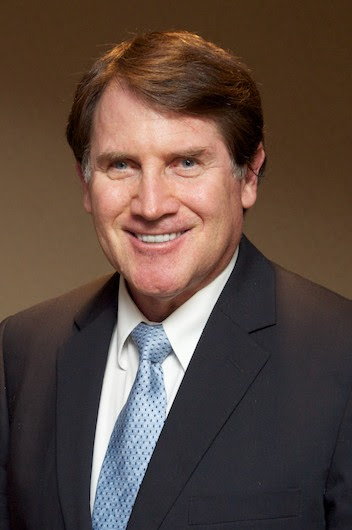Every year I seem to need to rebut a critic of DTC who proposes a ban. Google DTC advertising and every month there will be call for a ban in the media. These DTC Hunters think that by making it extinct great things will happen. First, they believe prices for drugs would drop dramatically if only drug companies stopped buying expensive ads. Second, the DTC Hunters believe that by killing ads, doctors would prescribe what is best for patients without wasting time explaining the advertised drugs. Third, they believe that by keeping consumers unaware of new drugs, those good old fashioned generics would become more widely used thus lowering consumer and payer cost.

“DTC is not perfect but serves its role.”
-Bob Ehrlich
First let me admit drug ads are designed to sell more pills. The drug industry likes to say drug ads are meant to educate and they shy away from admitting they use DTC to increase sales. We all can agree that DTC is done only to grow the bottom line. So what? Prescription drugs are a good thing and promoting drug solutions should not embarrass drug companies. The Drug Hunters want to expose these evil folks for wanting to sell more of what they make.
So do DTC ads raise prices? That must be answered as maybe. If you mean, do branded drugs cost more than generic alternatives? Then, yes, DTC can raise drug spending. If a patient asks a doctor for a new drug that is no better than an old cheap alternative then I can agree. The reality is quite different in many cases. New drugs generally are improved from older versions or new drugs do not yet have any generic alternatives. I buy store brands if I believe they are equivalent. It is up to the drug maker to make their case to consumers to justify a branded premium. Consumers are not stupid and do not automatically assume this DTC drug is better.
Drug ads are in reality a small cost as a percentage of revenue. These multibillion dollar drugs spend $50-200 million annually. As a percent of sales that might be 2-5% so DTC costs is not a significant factor in drug pricing. Cutting ad spending will not cause drug companies to lower prices. In fact, that money would be redirected to physician promotion or to some other promotion. Since DTC increases sales, one would have to think banning it would reduce sales. Would we expect drug makers to cut prices if they saw sales decline from withdrawing DTC ads? The answer is no.
Let’s ask what would happen if consumers no longer saw DTC. Would physicians really spend more time with patients if they no longer were asked by pesky patients about new drugs? Would they now make their drug selection totally objectively? No. They would instead write drugs that they are used to using thus delaying adoption of new products. They would be detailed by drug reps, or be influenced by journal ads. They would be directed by insurance companies what their patients will get reimbursed on their drug bill.
Drug ads serve many positive purposes. Most importantly, consumers are getting information on what is available for their disease. They become more knowledgeable albeit imperfectly through DTC. They may not fully understand the drug’s pros and cons from the DTC but it is a start of a discussion. The ads incentivize doctors to stay current with new drugs because no doctor wants to appear uninformed with patients. The ads provide leverage to get covered by insurance companies who obviously would rather treat with cheaper generics.
Consumers understand that drug ads are designed to sell them on a product. They are not naïve in believing that the advertised drug is a wonder cure. They know there is wealth of additional information on pros and cons on the Internet. DTC is but one source of subjective information that balances what alternative constituencies are saying. Government payers, private insurers, consumer advocates, competing drug companies, and doctors all have an opinion on the value of the advertised drug. In this subjective world consumers face conflicting opinions. Taking away DTC will not lead to a utopia where patients always get the best drug from the benevolent payers and providers.
Advertising helps build competition. It promotes new products. We may not like it but we would not like a world where consumer choice is censored. DTC is not perfect but serves its role of letting consumers know what is available in a health care world where patients cannot assume objectivity from insurers or providers.


No comments yet.